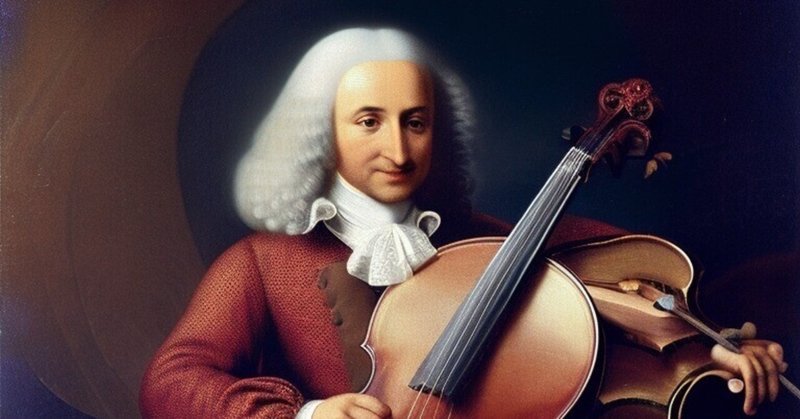
英語長文問題クエスト Part 97 (テーマ:ヴィヴァルディ)
英語の読解力を伸ばすには多読が必須!特に、TOEFL ibt というテストでは、かなり高度な読解力が必要ですし、何より、このTOEFL ibt という試験が難しいことの理由の1つに、日本語でも勉強していないアカデミックな内容の文章が出題されることです。
このクエストを進めれば、英語の読解力と知識を同時にアップデートさせられるでしょう!
さぁ、今日のクエストを進めてみましょう!
Passages
Title: Antonio Vivaldi: Baroque Virtuoso and Composer
Introduction
Antonio Vivaldi, an Italian Baroque composer and virtuoso violinist, is renowned for his vast musical contributions, particularly his instrumental concertos and choral works. Born in Venice in 1678, Vivaldi exhibited exceptional musical talent from an early age. His compositions, characterized by their lively melodies and innovative structures, have left an indelible mark on the classical music landscape.
Early Life and Education
Vivaldi was born into a musical family, and his father, Giovanni Battista Vivaldi, was a professional violinist. Antonio Vivaldi trained for the priesthood, but his passion for music led him to become a violin virtuoso. He studied under the renowned composer Giovanni Legrenzi and later became a maestro at the Ospedale della Pietà, a school for orphaned girls in Venice. This institution played a pivotal role in Vivaldi's musical career, providing a platform for his compositions and performances.
Innovations in Music
Vivaldi's compositions are celebrated for their innovative use of musical elements. He contributed significantly to the development of the concerto form, particularly the solo concerto. In his concertos, Vivaldi often featured solo instruments, especially the violin, engaging in musical dialogues with the orchestra. This interaction between soloist and ensemble became a hallmark of his style, influencing generations of composers.
The Four Seasons
One of Vivaldi's most famous works is the set of violin concertos titled "The Four Seasons." Each concerto in this collection represents a season of the year and is accompanied by descriptive sonnets, possibly written by Vivaldi himself. These concertos are notable for their vivid musical imagery, capturing the sounds and sensations of nature. "The Four Seasons" remains one of the most performed and recorded pieces in the classical repertoire.
Impact and Legacy
Vivaldi's influence extended beyond his compositions. He played a crucial role in the development of Baroque music, inspiring composers like Johann Sebastian Bach. However, in the years following his death in 1741, Vivaldi's music fell into relative obscurity. It wasn't until the mid-20th century that his works experienced a revival, with musicians and scholars recognizing his genius and contributions to music.
Questions
When was Antonio Vivaldi born?
A) 1578
B) 1678
C) 1778
D) 1878Where was Vivaldi born?
A) Rome
B) Venice
C) Paris
D) ViennaWhat was Vivaldi's father's profession?
A) Composer
B) Violinist
C) Pianist
D) ConductorWhich institution played a crucial role in Vivaldi's musical career?
A) A royal court
B) A conservatory
C) A school for orphaned girls
D) A cathedralWhat is one of Vivaldi's most famous works?
A) The Four Seasons
B) Moonlight Sonata
C) Symphony No. 5
D) Carmen SuiteWhat is unique about "The Four Seasons" concertos?
A) They are for solo piano.
B) Each concerto represents a season of the year.
C) They were composed in the Classical era.
D) They lack descriptive elements.In which century did Vivaldi's music experience a revival?
A) 18th
B) 19th
C) 20th
D) 21stWhat instrument did Vivaldi primarily play?
A) Piano
B) Violin
C) Flute
D) TrumpetWhat role did Vivaldi play in the development of music?
A) He invented the piano.
B) He inspired Baroque music composers.
C) He created the first opera.
D) He was a famous conductor.Which composer was influenced by Antonio Vivaldi?
A) Wolfgang Amadeus Mozart
B) Ludwig van Beethoven
C) Johann Sebastian Bach
D) Franz Schubert
Answers and Explanations
ここから先は
¥ 200
この記事が気に入ったらサポートをしてみませんか?
